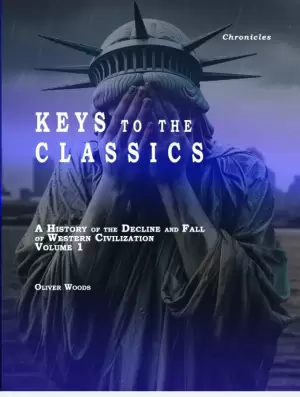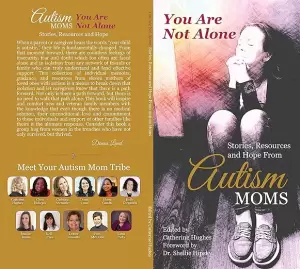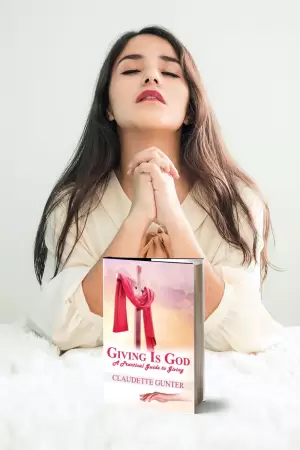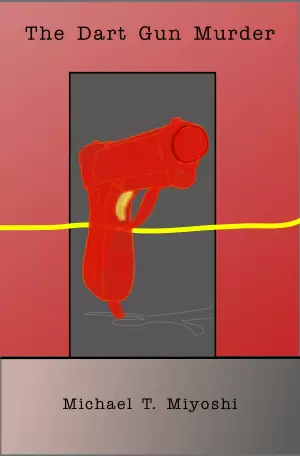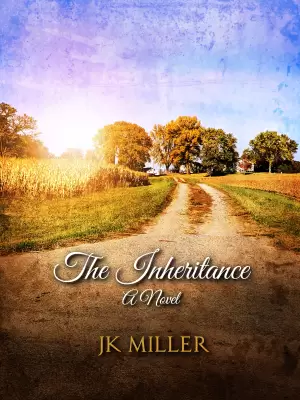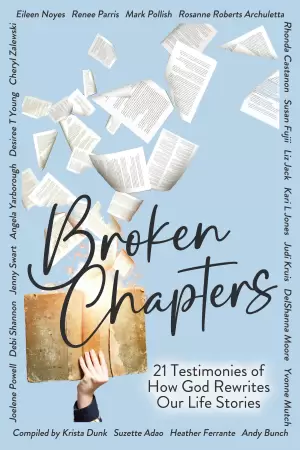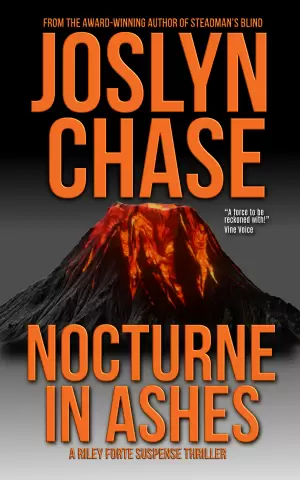I could have. died.
and maybe it would have been better if i had.
It is a day like any other when seventeen-year-old Melinda Jensen hits the road for San Francisco, leaving behind her fractured home life and a constant assault on her self-esteem. Henry is the handsome, charismatic man who comes upon her, collapsed on a park bench, and offers love, a bright new consciousness, and—best of all—a family. One that will embrace her and give her love. Because family is what Mel has never really had. And this new family, Henry’s family, shares everything. They share the chores, their bodies, and their beliefs. And if Mel truly wants to belong, she will share in everything they do. No matter what the family does, or how far they go.
Told in episodic verse, family is a fictionalized exploration of cult dynamics, loosely based on the Manson Family murders of 1969. It is an unflinching look at people who are born broken, and the lengths they’ll go to to make themselves “whole” again.”
I’ve always been a bit morbidly fascinated by cults, serial killers, and things of that nature, so, a book loosely based on the Manson family was right up my alley. Family kind of consumed me. It took me to this place and held me there. It showed me how eerily possible it would be to get involved in a cult-like dynamic. Mel was such a fractured character, it was easy to feel for her. To want the best for her. Henry, while seemingly appealing, was frightening beyond belief.
The writing was chaotic at times, but always deep and thoughtful. It was an amazing book, like I’ve said before I typically don’t like reading verse, but this was written in a way that drew me in early on. I loved how the writer shared peeks at the outcome throughout the first “part” of the book. I believe that’s what actually got me hooked early on, wanting to know exactly what would happen in the end. That and being horrified by this “family” dynamic.


